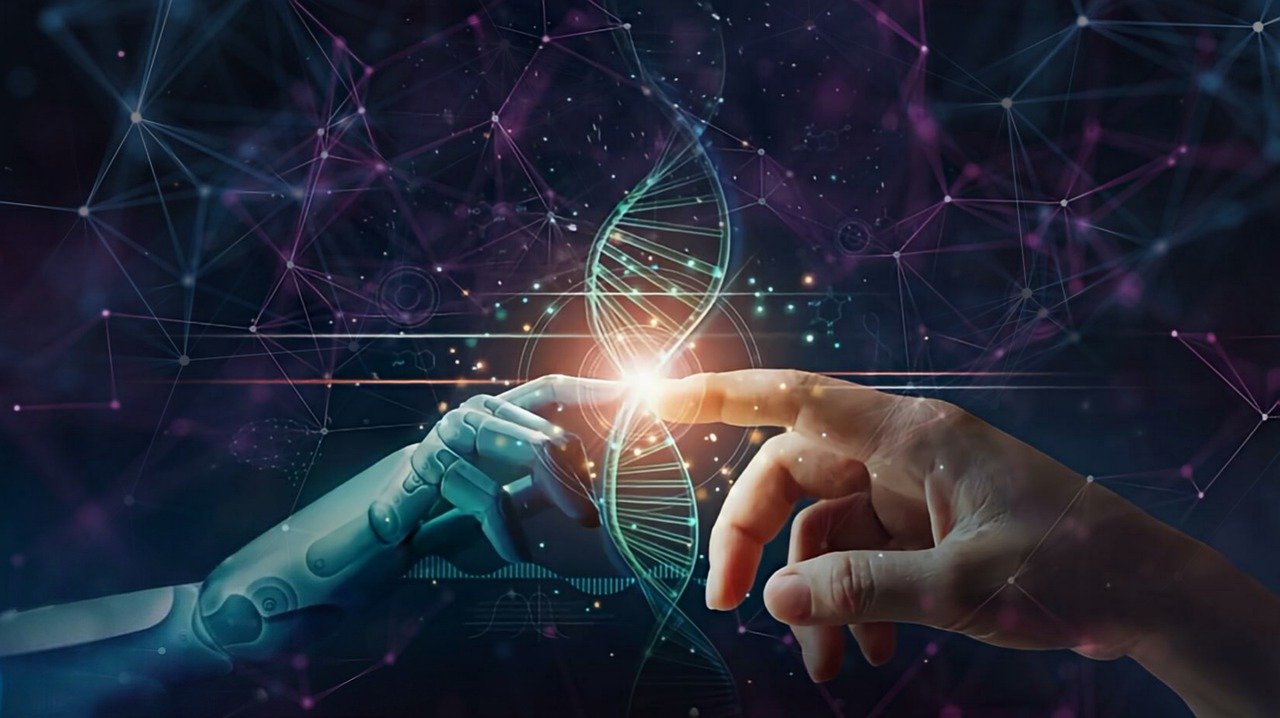The Rise of Intelligent Machines: Navigating the World of Artificial Intelligence
The Rise of Intelligent Machines: Navigating the World of Artificial Intelligence
Blog Article

Artificial intelligence, often referred to as AI, has rapidly become a prominent and transformative force in the realm of technology. This cutting-edge field focuses on the development of computer systems that can perform tasks typically requiring human intelligence, such as learning, reasoning, problem-solving, and decision-making. As AI continues to evolve, its impact on society, economy, and various industries is becoming increasingly profound.
From virtual assistants that can schedule appointments and answer queries to self-driving cars that navigate busy streets with precision, the applications of artificial intelligence are diverse and continuously expanding. With advancements in machine learning, deep learning, and neural networks, AI systems are becoming increasingly sophisticated, capable of analyzing vast amounts of data and identifying complex patterns to generate insights and support decision-making processes. As we navigate this world of intelligent machines, understanding the capabilities and limitations of artificial intelligence is essential for harnessing its potential while addressing concerns related to ethics, bias, and privacy.
History of AI
Artificial Intelligence Search Engine
The concept of artificial intelligence, or AI, dates back to ancient times. Philosophers and inventors have long been intrigued by the idea of creating machines that can mimic human intelligence. In the 1950s, the modern field of AI was born with the development of the first neural networks and the proposal of the Turing Test by Alan Turing.
Throughout the decades, AI has experienced periods of both hype and disappointment. Breakthroughs in machine learning and deep learning have propelled AI into various real-world applications, from virtual assistants to self-driving cars. However, challenges such as ethical concerns and the fear of job displacement remain prevalent in the discussion surrounding AI.
Today, artificial intelligence continues to evolve at a rapid pace. With the integration of big data and the Internet of Things, AI systems are becoming increasingly sophisticated and ubiquitous. As society navigates the opportunities and risks associated with intelligent machines, the future of AI holds immense potential for transforming industries and daily life.
Current Applications
In recent years, artificial intelligence has made significant strides in revolutionizing various industries. One area where AI is widely implemented is in healthcare. Healthcare professionals are using AI algorithms to analyze medical data, diagnose diseases, and even assist in surgical procedures. These applications of AI help in providing more accurate and timely healthcare services to patients.
Another prominent use of artificial intelligence is in the field of finance. Financial institutions leverage AI tools to detect fraudulent activities, make data-driven investment decisions, and offer personalized banking services to customers. By utilizing AI technologies, banks and financial firms are able to streamline operations, reduce risks, and enhance customer satisfaction.
Furthermore, artificial intelligence is increasingly being integrated into the transportation industry. From self-driving cars to predictive maintenance of vehicles, AI is reshaping how we commute and transport goods. Companies like Tesla and Uber are at the forefront of developing AI-powered transportation solutions, aiming to make travel safer, more efficient, and environmentally friendly.
Future Implications
Looking ahead, the future implications of artificial intelligence are profound. As AI continues to advance, it will inevitably reshape industries and transform the way we live and work. From automating routine tasks to enabling more personalized experiences, the potential applications of AI are vast.
One key area where AI is poised to make a significant impact is healthcare. With the ability to analyze vast amounts of data quickly and accurately, AI systems can assist in diagnosing diseases, predicting patient outcomes, and even discovering new treatments. This could lead to more efficient healthcare delivery and improved patient care.
Another important implication of AI is its influence on the job market. While AI has the potential to create new job opportunities, it also raises concerns about automation replacing human workers. It will be crucial for policymakers and businesses to address these challenges proactively to ensure a smooth transition to a future where humans and intelligent machines can coexist harmoniously.
Report this page